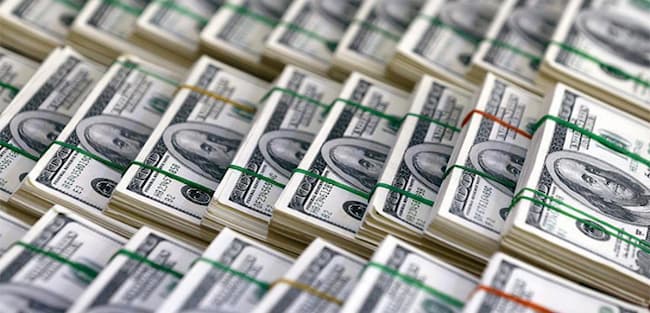Trade volume between Nigeria and India climbed close to $14 billion in the first quarter of 2021.
This was shared by the Indian High Commissioner to Nigeria, Abhay Thakur, in Abuja on Sunday, marking India’s 75th independence anniversary.
According to Thakur, trading activities between both countries were disrupted by the emergence of the COVID-19 pandemic.
However, he said, there was an almost 17 percent increase in trade volume in the first quarter of 2021 against the same period the previous year.
He said, “The current trade volume is nearly $14 billion. I’m very happy to report that in the first quarter of this year, our trade has increased by nearly 17 percent, compared to the first quarter of 2020.
“There were some disruptions due to the outbreak of the COVID-19 pandemic, but the bilateral trade is back on track and even higher than what it was in the previous year.
READ ALSO: 70% Of Nigeria’s Current Challenges Are Rooted In Its Economy
“India has achieved a lot in terms of its relationship with Nigeria. Our relations predate each other’s independence and have become major trading partners.
“We are also supporting each other on the multilateral fora on issues of global concerns especially counter-terrorism and economic growth of countries around the world.
“We have had some very important visits of Nigerian defence and security establishments to India over the last two years. We are working together to combat terrorism.”
According to the Nigeria Bureau of Statistics (NBS), Nigeria’s largest export to India was petroleum and oil from bituminous minerals, with a N462.12 billion value.
On the other hand, Nigeria imported motorcycles and cycles to the tune of N86.67 billion and other products such as machine parts for working rubber valued at N67.81 billion and antibiotics valued at N45.32 billion.
The Minister of Industry, Trade and Investment, Otunba Adeniyi Adebayo, projected that India could “play a catalytic role in Africa’s collective efforts to boost the region’s manufacturing and service exports.”
He added that it was imperative that Africa and India synergised efforts to boost various sectors of the economy.












